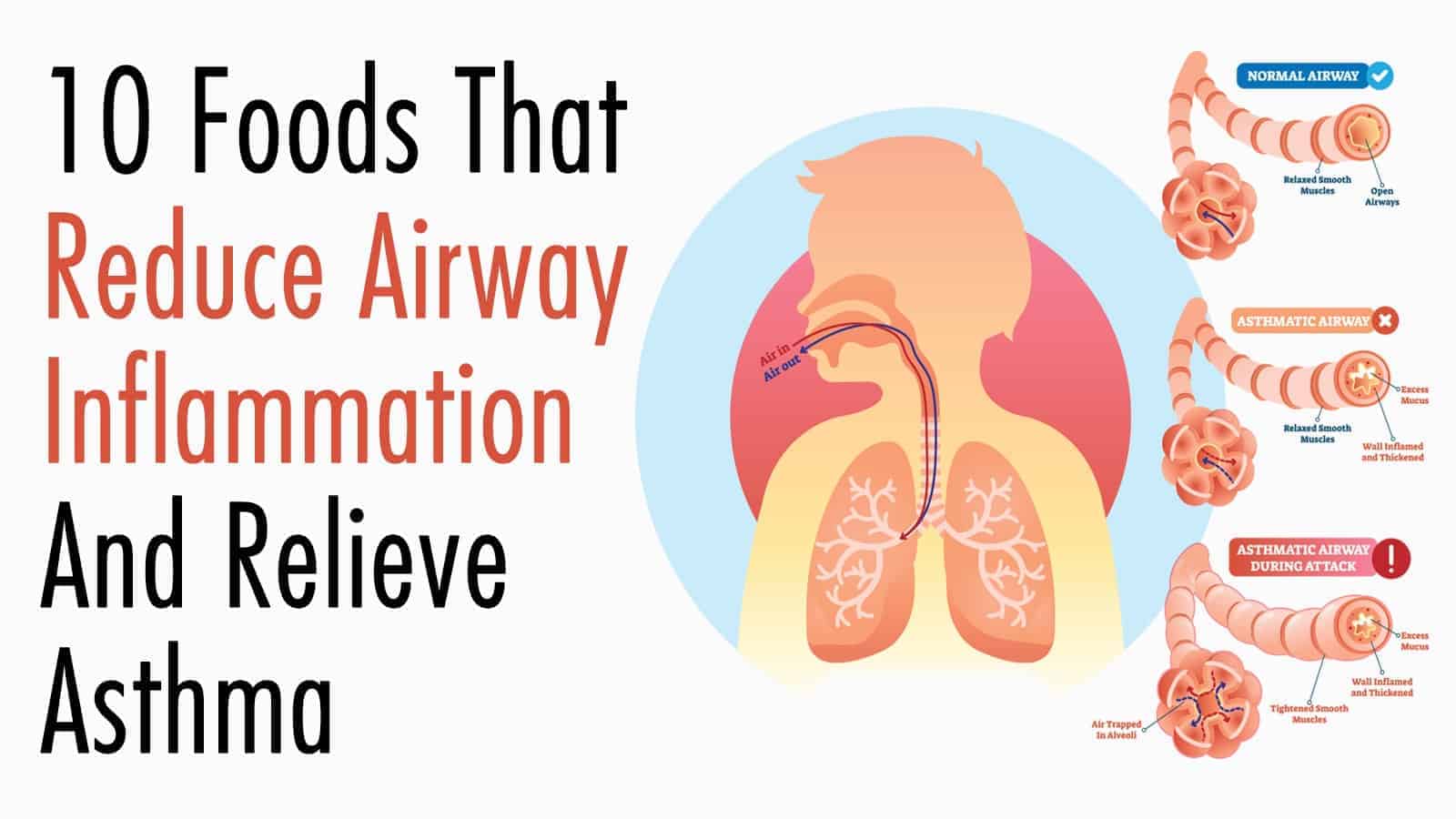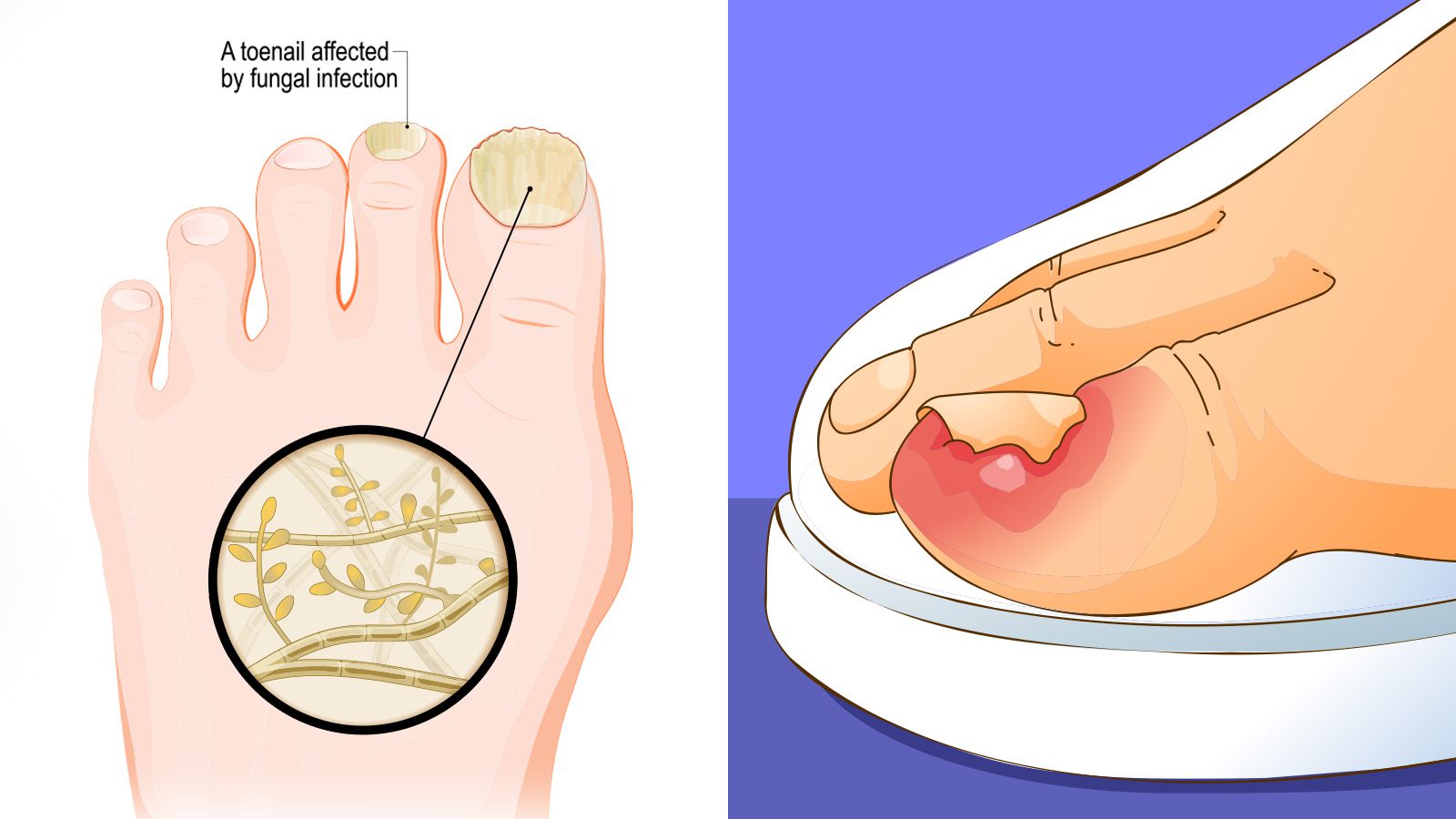Asthma researchers have identified a new severe asthma species, showing air pollution as a likely contributor. Asthma affects over 300 million people worldwide. The most severe strain, known as non-Th2, or non-atopic childhood asthma, comprises most cases.
Hyunok Choi, an associate professor at the Lehigh University College of Health, says 85% of people have this type of asthma. Low-income countries are disproportionately affected by this strain. However, asthma researchers still don’t know if non-Th2 is a distinct disease or just a set of symptoms. The purpose of this study was to find out more about this strain of asthma.
Says Choi:
“Non-Th2 asthma is associated with very poor prognosis in children and great, life-long suffering due to the absence of effective therapies. There is an urgent need to better understand its mechanistic origin to enable early diagnosis and to stop the progression of the disease before it becomes severe.”
Studies show that around 50% of children with poorly managed asthma will have severe adult cases. Currently, many doctors follow a near-universal protocol when it comes to treating asthma. However, Choi says this approach doesn’t work with all patients and contributes to further strain on the economy.
“The primary reason for lack of therapeutic and preventive measures is that no etiologic, or causal, driver has ever been identified for the non-Th2 asthma,” says Choi.
The groundbreaking epidemiological study led by Choi shows that non-Th2 is, in fact, a distinct disease. It also found that early childhood exposure to air pollution, particularly Benzo[a]pyrene, likely causes the development of this asthma strain. Benzo[a]pyrene is a byproduct of fossil fuel combustion.
Asthma researchers confirm: Air pollution is a major contributor to severe asthma strain.
Choi and her colleagues are the first asthma researchers to link air pollution to this severe type of asthma. This subtype doesn’t respond to current treatments, so Choi’s research will hopefully lead to effective therapies.
The team published their results in the journal Environmental Health on April 9, 2021. They titled the research “Airborne Benzo[a]Pyrene May Contribute to Divergent Pheno-Endotypes in Children.”
Asthma is actually an umbrella term for multiple diseases with similar symptoms. Asthma researchers have categorized asthma by two major groups of symptoms: T helper cell high (Th2-high) and T helper cell low (non-Th2). Th2-high includes early childhood allergies to common pollutants like pet dander, tree pollens, or mold. On the other hand, non-TH2 doesn’t occur due to an allergic response.
Asthma researchers have much less understanding of non-TH2 asthma, which is more severe and harder to treat. However, the new findings from this study may help lessen the severity of the disease. Choi explains:
“The identification of non-Th2 asthma as a distinct disease, with early exposure to Benzo[a]pyrene as a driver, has the potential to impact tens of millions of sufferers, since this would make it possible to intervene before the onset of irreversible respiratory injuries.”
The asthma researchers tested two similar groups of children from two different towns in the Czech Republic for the study. One group of children was from an industrial city called Ostrava. The other group lived in a relatively rural area of Southern Bohemia. 385 children participated in the study: 194 with asthma and 191 in the control group.
According to the study, Ostrava is a heavily industrial area with prevalent coal mining, coal processing, and metallurgical refinement. During their investigation, researchers discovered highly elevated levels of Benzo[a]pyrene. In fact, the district-level ambient mean measured 11 times higher than the recommended outdoor and indoor levels.
Asthma researchers found a direct link between this chemical and the development of non-Th2 asthma. They also discovered that exposure to the fossil fuel byproduct led to depressed systemic oxidant levels.
“Contrary to the current body of evidence supporting adult onset of non-atopic asthma, our data suggest for the first time that the lung function deficit and suppressed oxidative stress levels during early childhood are critical sentinel events preceding non-atopic asthma,” says Choi.
Not only does air pollution lead to asthma and difficulty breathing, but it can also cause other detrimental health effects as well.
Other adverse outcomes found by the asthma researchers
- Increases risk of developing cognitive diseases. One study of Mexico City residents exposed lifelong to polluted air found that they had more markers of Alzheimer’s, Parkinson’s, and motor neuron disease (MND).
- It can lower your intelligence. Another study in China found a link between regular exposure to air pollution and poorer verbal and mathematical ability.
- Air pollution leads to millions of premature deaths. Outdoor air pollution contributes to 4.2 million deaths a year, while indoor air pollution leads to 3.8 million deaths.
- Air pollution contributes to the following:
- 29% of deaths from lung cancer
- 24% of the deaths from stroke
- 25% of the deaths from heart disease
- 43% of the deaths from lung disease
- It increases the risk of developing major psychiatric disorders. One study found a higher prevalence of major depression and bipolar disorder in those with prolonged exposure to air pollution.
- Regular exposure to polluted air can lead to increased inflammation in the body. Most diseases are caused by chronic inflammation, and air pollution contributes significantly to the burden of illness.
Final thoughts about the study linking severe asthma to air pollution
The groundbreaking research by a team of asthma researchers found a direct link between asthma and air pollution. Specifically, a powerful strain of asthma called non-Th2 is associated with prolonged exposure to polluted air. The team found that children exposed to a fossil fuel byproduct called Benzo[a]pyrene had a higher risk of developing severe asthma.
Hopefully, this discovery will lead to more efficient, effective treatments for this asthma strain in the future. The study also adds to the growing body of evidence that it’s beyond time to ditch fossil fuels. It’s undeniably clear by now that greenhouse gases lead to devastating consequences for the planet, animals, and us.

















